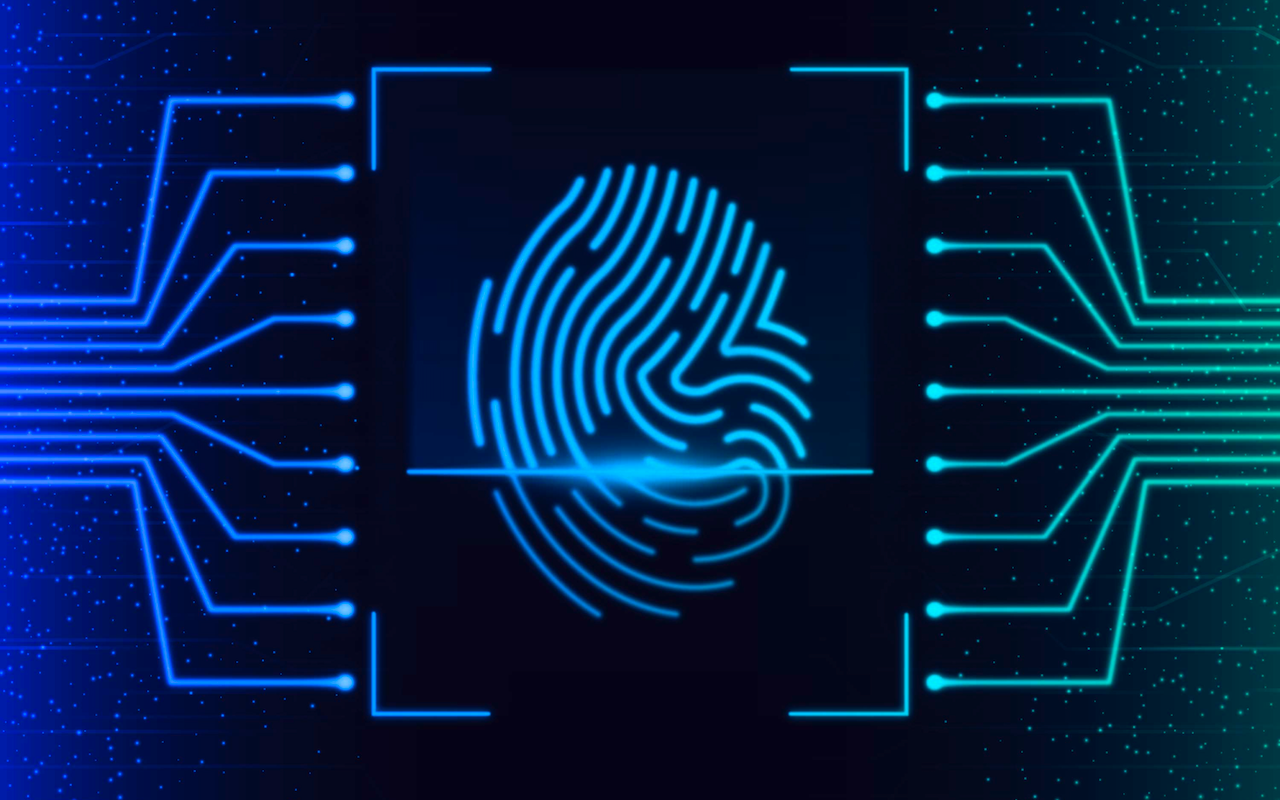
In the vast and interconnected world of the internet, every action we take leaves behind a digital trace. Whether it's visiting a website, sending an email, or using an app, most online activity is tagged with one thing: your IP address. For most users, it's just a technical string of numbers but it holds more value and risk than many realize.
This article explores how IP addresses contribute to your digital footprint, what data can be inferred from them, and how individuals and organizations can better protect their online privacy.
What Is an IP Address and How Does It Work?
An Internet Protocol (IP) address is a unique identifier assigned to every device connected to the internet. It allows data to be routed correctly between your device and websites or services you access. IP addresses can be:
- Static: Staying the same over time
- Dynamic: Changing periodically depending on your network
Beyond their technical function, IP addresses also carry location and usage metadata, which is where privacy concerns begin.
What Your IP Address Can Reveal
Many users assume that their browsing is anonymous, but an IP address can reveal more than they think:
- Approximate physical location (city-level in most cases)
- Internet Service Provider (ISP)
- Browsing behavior patterns over time
- Security risks such as open ports or vulnerable devices
When combined with other browser fingerprinting data (like user agents, cookies, and time zones), your IP becomes part of a broader profiling toolkit.
The Role of IP Tracking in Marketing and Security
Marketers, advertisers, and analytics platforms often use IP tracking to:
- Customize content delivery based on region
- Enforce geo-restrictions
- Track return visitors (alongside cookies)
- Flag suspicious or bot traffic
In cybersecurity, IP data helps identify:
- DDoS attack sources
- Unauthorized access attempts
- Spam or malicious activity
While useful, this level of traceability raises important privacy concerns, especially when users are unaware of how exposed they are.
How to Protect Your Privacy
While you can’t go completely invisible online, you can minimize how much your IP address gives away.
1. Use a VPN (Virtual Private Network)
A VPN masks your real IP address with one from a different server, adding a layer of anonymity, especially on public networks.
2. Opt for Encrypted Browsing
Websites using HTTPS secure protocol ensure your data is encrypted between your device and the server, reducing the risk of interception.
3. Avoid Public Wi-Fi Without Protection
Unsecured public networks can expose your IP and other sensitive data. Always use a VPN or mobile hotspot when accessing critical information.
4. Limit Tracking Scripts
Use browser extensions that block trackers, fingerprinting scripts, and IP-logging mechanisms.
5. Understand App Permissions
Some mobile apps log IP addresses in the background. Limit permissions and avoid unnecessary data sharing.
Ethical and Legal Use of IP Data
Not all IP tracking is malicious. Businesses use it for security and user experience improvements. However, responsible data handling should include:
- User transparency
- Consent for tracking
- Compliance with privacy regulations like GDPR or CCPA
If you handle user data on your website or app, reviewing your IP logging policies is essential to stay both ethical and legally compliant.
Conclusion
In an age where data is currency, your IP address plays a central role in your digital identity. Understanding how it works, what it reveals, and how to protect it is no longer optional; it’s necessary. By taking proactive steps to reduce exposure, users can browse more safely while maintaining greater control over their personal information.
Featured Image by Freepik.
Share this post
Leave a comment
All comments are moderated. Spammy and bot submitted comments are deleted. Please submit the comments that are helpful to others, and we'll approve your comments. A comment that includes outbound link will only be approved if the content is relevant to the topic, and has some value to our readers.


Comments (0)
No comment